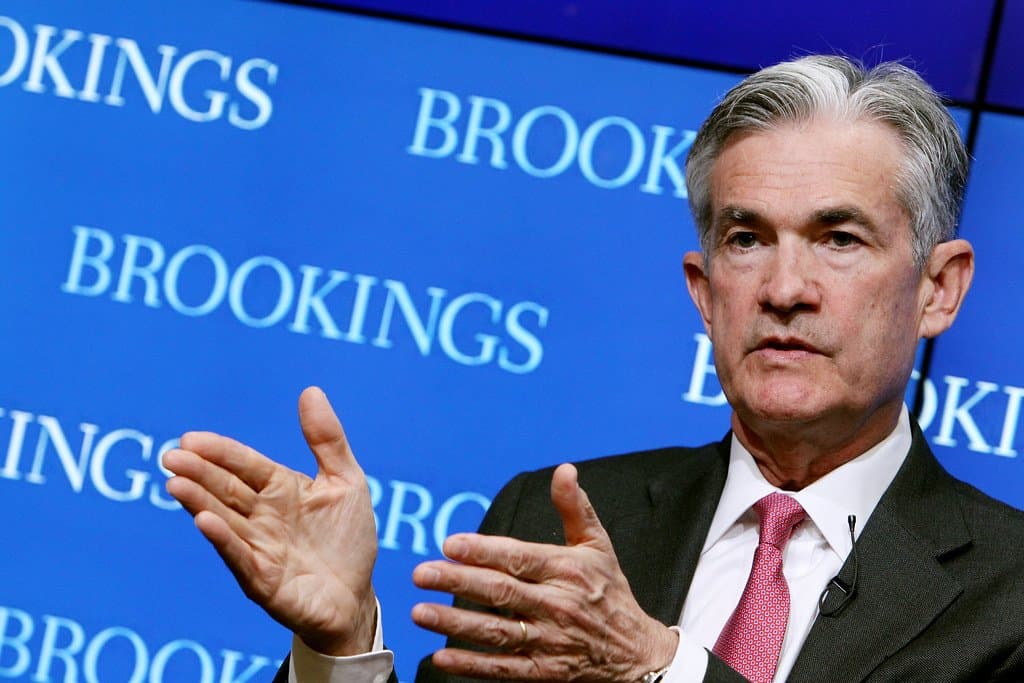Navigating Fall’s Finance Battles: Trump vs. Powell and AI Talent Wars
Explore how the Trump-Powell Fed showdown and the fierce AI talent war are reshaping economic policy and innovation this fall, with insights on their impact for business leaders and investors.

Key Takeaways
- Trump’s legal fight challenges Fed independence
- AI experts command nine-figure pay packages
- Trade tensions persist despite US-EU deal
- Media industry shifts with major acquisitions
- Fed rate cuts expected but timing debated

Summer’s warmth fades, but the business world’s heat is just turning up. This fall, two headline-grabbing battles dominate boardrooms and headlines alike: the escalating showdown between former President Donald Trump and Federal Reserve Chair Jerome Powell, and the global scramble for artificial intelligence talent. Trump’s attempt to remove Fed Governor Lisa Cook on mortgage fraud allegations has sparked a legal fight that questions the very independence of the U.S. central bank. Meanwhile, companies are locked in a fierce AI talent war, offering eye-popping pay to secure the minds shaping tomorrow’s technology. This article dives into these defining finance battles, unpacking their stakes and what they mean for businesses and markets.
Examining Fed Independence
The Federal Reserve’s independence has long been a cornerstone of U.S. economic stability. But this fall, that independence faces a serious test. Former President Donald Trump’s move to oust Fed Governor Lisa Cook, citing mortgage fraud, has ignited a legal battle that questions whether a president can remove a senate-confirmed Fed official before their term ends without clear legal cause. Cook’s lawsuit against Trump, the Fed, and Chair Jerome Powell has put this question in the hands of the courts, possibly the Supreme Court. The stakes? Whether political winds can sway the Fed’s decisions or if the institution remains a steady hand in monetary policy. Markets and policymakers watch closely, knowing that any shift could ripple through interest rates, inflation control, and investor confidence worldwide.
Unpacking Trump’s Fed Conflict
Trump’s campaign to reshape the Federal Reserve isn’t just about one governor. It’s a broader power play to align the central bank with his economic agenda. His frustration with Powell’s decision to keep interest rates steady this summer fueled public ire, extending to other Fed colleagues who have pushed back. Trump’s push for rate cuts aims to boost short-term growth, but critics warn this risks long-term economic health. The legal fight over Cook’s removal is seen by many as a test of presidential authority over the Fed’s traditionally apolitical stance. This clash highlights a deeper tension between political ambitions and the Fed’s role as an independent guardian of economic stability.
Decoding the AI Talent War
While the Fed drama unfolds, a quieter but no less intense battle rages in the tech corridors: the AI talent war. Companies across sectors are scrambling to hire AI engineers and researchers, driving salaries and signing bonuses into nine-figure territory. This isn’t hype—top AI experts are commanding pay packages that some insiders call bargains. The stakes are enormous: AI is reshaping industries from finance to manufacturing, and securing the right talent means gaining a critical edge. But this arms race also raises concerns about pay disparities within organizations and the sustainability of such spending. For businesses, winning this war means balancing aggressive recruitment with internal harmony and clear paths to profitability.
Trade Tensions and Media Shifts
The summer slowdown didn’t pause President Trump’s trade war ambitions. While the U.S. and EU reached a deal imposing a 15% tax on most European goods, the bigger challenge remains China. Both sides have threatened triple-digit tariffs, with a truce holding until a November 10 deadline. Meanwhile, the media landscape is shifting dramatically. Skydance’s acquisition of Paramount, conditioned by FCC rules and a $16 million settlement to Trump, signals big changes. Paramount’s new UFC deal is disrupting pay-per-view models, while ESPN launches a streaming service, MSNBC rebrands, and Disney+ integrates Hulu. Netflix is eyeing markets long dominated by Disney, showing that content wars are as fierce as trade battles.
Implications for Business Leaders
For executives and investors, these fall developments are more than headlines—they’re strategic signals. The Fed’s independence battle could redefine how monetary policy responds to political pressures, affecting interest rates and market stability. The AI talent war demands new approaches to hiring, retention, and ethical AI integration, with massive financial stakes. Trade tensions and media upheavals add layers of complexity, reminding businesses that global dynamics are shifting fast. Navigating this landscape requires agility, informed risk-taking, and a keen eye on legal and technological trends. Staying ahead means understanding these battles not as isolated events but as interconnected forces shaping the future of business.
Long Story Short
The fall season reveals a financial landscape charged with tension and transformation. The Trump-Powell clash over Federal Reserve independence isn’t just a political spat—it’s a potential pivot point for how monetary policy will be shaped in the years ahead. Meanwhile, the AI talent war underscores a new kind of economic battlefield where brains, not just dollars, drive competitive advantage. For business leaders and investors, these developments demand sharp attention and nimble strategies. Whether it’s watching court rulings that could reshape central bank power or navigating the costly quest for AI expertise, the stakes are high. Embracing these challenges with insight and agility will be key to thriving in this season of change.